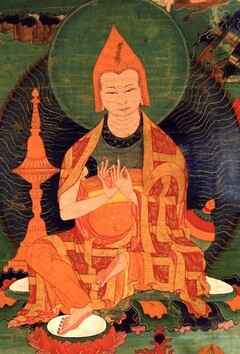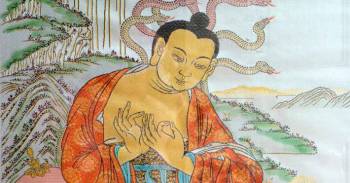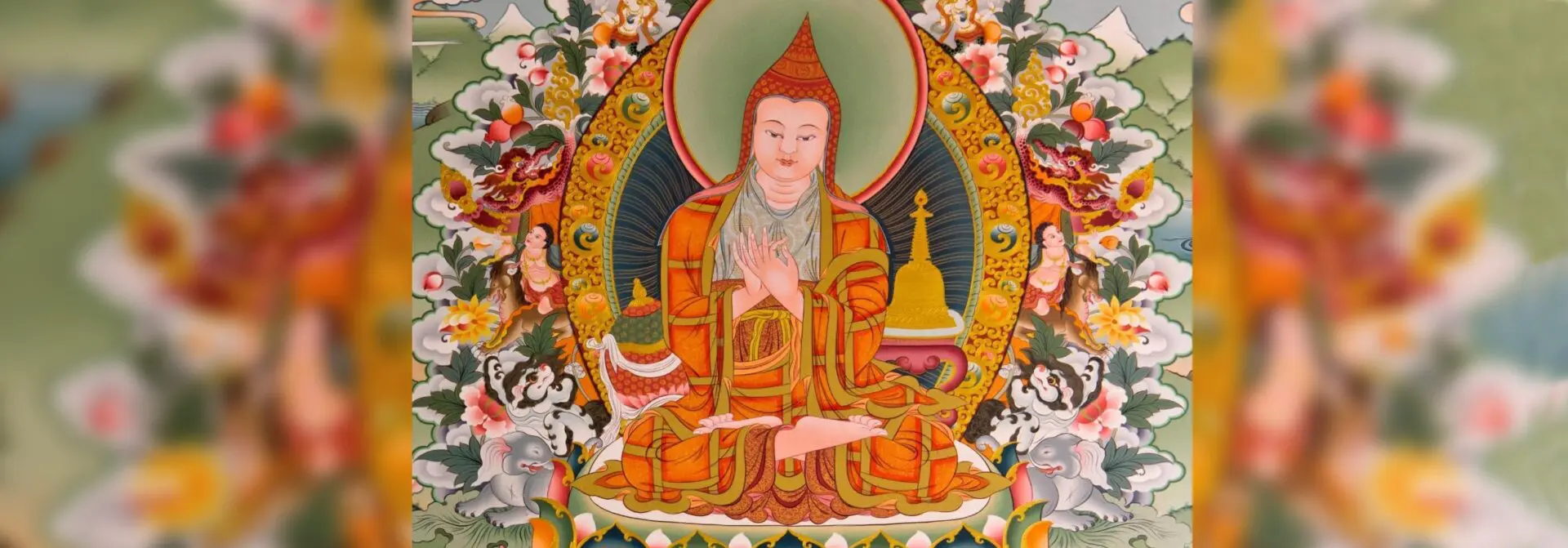

In-Depth Meditation Training is part of the FPMT.
You can register with one of the participating centers.
Courses
Discover and access one of The Buddha Project courses
Retreats
RET
Refuel your practice
Four annual retreats offering an immersive meditative experience to develop new insights and to rekindle joy for meditation, offering teachings from foundational Vipassana to advanced Mahamudra practices and nurturing spiritual friendships in a serene, facilitative environment.
Events
Stay updated with the upcoming events and activities
in our community

Theme Day on Refuge and Lay Vows
Maitreya Instituut Amsterdam, The Netherlands
Commentary on the meaning of Refuge, the Refuge Vows and the Lay Vows. In the afternoon Ven. Gendun will offer Refuge and (optional) Lay Vows. We'll also celebrate Ven. Genduns ordination anniversary. Online and in person.

Beyond the Illusion: A Weekend Journey Through Emptiness
Yeshin Norbu, Stockholm, Sweden
Through guided meditation, contemplation, and accessible discussion, we'll trace the evolution from foundational views on non-self to explorations of subject- object duality and the fundamental interdependence of all phenomena, examining their psychological, social, environmental, and political consequences. Online and in person.

Practicing Compassion in a Fragmented World
Tara Liberation, Helsinki, Finland
This weekend retreat offers a deep immersion into Atisha's classic Bodhisattva's Jewel Garland, a practical and powerful guide to transforming everyday challenges into the path of awakening. Online and in person.

City Weekend on Madhyamaka Negations
Maitreya Instituut Amsterdam, The Netherlands
An in-depth exploration of Madhyamaka philosophy, focusing on the precise analysis of how phenomena appear and exist, with particular attention to imputation, the object of negation, and the role of non-affirming negations in the Prāsaṅgika Madhyamaka system. Online and in person.

From Lamp to Light: a Journey through Lamrim
Institut Vajrayogini, France
One month retreat: a rare opportunity to integrate the Stages of the Path, supported by an experienced guide, a structured daily practice and a community of sincere fellow practitioners. Each Sunday Ven. Gendun will offer in-depth commentary on the chapters on Calm Abiding and Special Insight of Je Tsongkhapa’s median Lamrim. In English and French. Online and in person.
Projects
Taking active steps towards societal engagement
and shared understanding
Buddha Research Project
BRP
Bridging science and contemplation
An innovative platform fostering collaboration to enhance the study of meditation and its profound transformative impacts on mental health, perception, and personal identity through non-reductionist methods and continuous dialogue between contemplatives and scientists.
Donate
Support us maintain our activities
and build a global community of meditators
 The Buddha Project
The Buddha Project 












